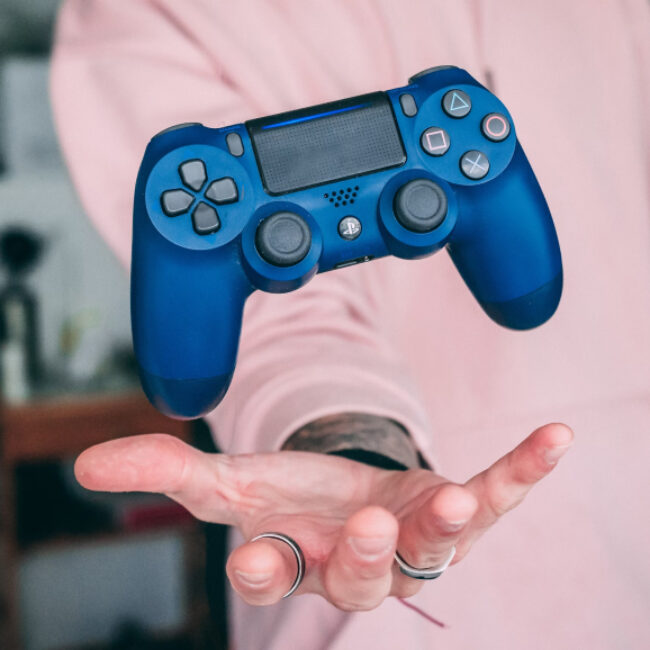What are right to repair mandates?
Right to repair mandates often require manufacturers of consumer electronics—including video game console makers—to turn over sensitive information, tools, parts and know-how to unauthorized repair facilities. These requirements could significantly compromise the security of video game consoles and the games played on them. Allowing unauthorized parties to bypass the console’s technological protections would enable copyright protected games to be illegally copied and played.
Why are robust digital protection measures necessary for consoles and video games?
The integrity of the video game ecosystem relies on specialized software, including “technological protection measures” (TPMs), to prevent illegal and unauthorized modifications to the console, deter unauthorized access to consumer information and protect video game content. TPMs also allow a console to be securely updated with software that provides consumers with new game levels, extended storylines and other immersive opportunities. In short, console TPMs are an effective deterrent against the use of illegally copied games.
Major video game console makers provide consumers with easy, reliable and affordable repair services.
The major video game console makers remain committed to providing consumers with easy, reliable and affordable repair services.
All console makers offer free warranty repairs and affordable post-warranty repair options to ensure that their consoles remain in good working order.
They also provide comprehensive online and offline support networks that help consumers remotely troubleshoot issues that limit the need to send in devices for repairs.














